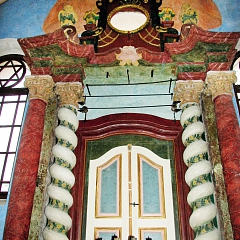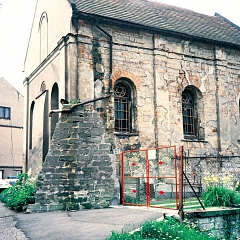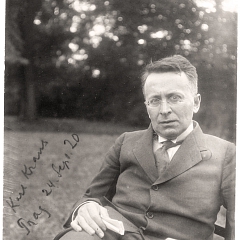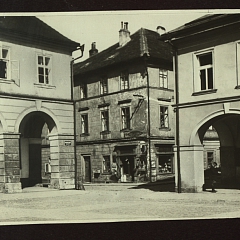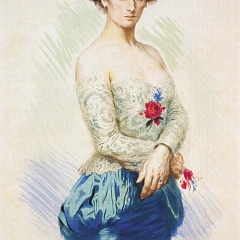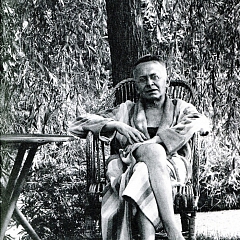
-
Jičín
Jews in Jičín
The earliest records of Jewish settlement in Jičín are from the middle of the 14th century. In 1362, there is mention of a Židovská (“Jewish”) Street (on the site of today’s Smiřická Street). Other reports from the 14th and 15th centuries show that the local Jews owned buildings in various parts of town and could freely buy and sell them. Apparently by the early 16th century, Jewish settlement was centered on the area of today’s Židovská Street. During the expulsion of the Jews from Bohemia in the middle of the 15th century, all of Jičín’s Jews were forced to leave town. Jičín’s Jewish community was re-established under Albrecht von Wallenstein. The community’s guardian and protector was the duke’s financier Jacob Bassevi von Treuenberg (1570 Verona – 1634 Mladá Boleslav), the former head of the Jewish community in Prague and the court Jew of emperors Rudolf II, Matthias and Ferdinand II. In 1651, the community purchased a property in Valtice for its cemetery. In 1738, Jičín was home to 14 Jewish families, and in 1793 this number was 22 Jewish families (119 individuals). Besides trade and finance, the community’s members included a scribe, a singer, the owner of a tobacco storehouse, a physician, a butcher, a servant, a synagogue attendant, a toll collector, and a tailor. Following emancipation in the middle of the 19th century, the number of Jews in town slowly began to decline (in 1880, Jičín was still home to 358 persons of the
Jewish confession). On 13 January 1943, more than 100 Jewish residents of Jičín and the surrounding towns and villages were deported to Terezín; of this number, 77 died in Auschwitz and other extermination camps. The local Jewish community was never re-established.
